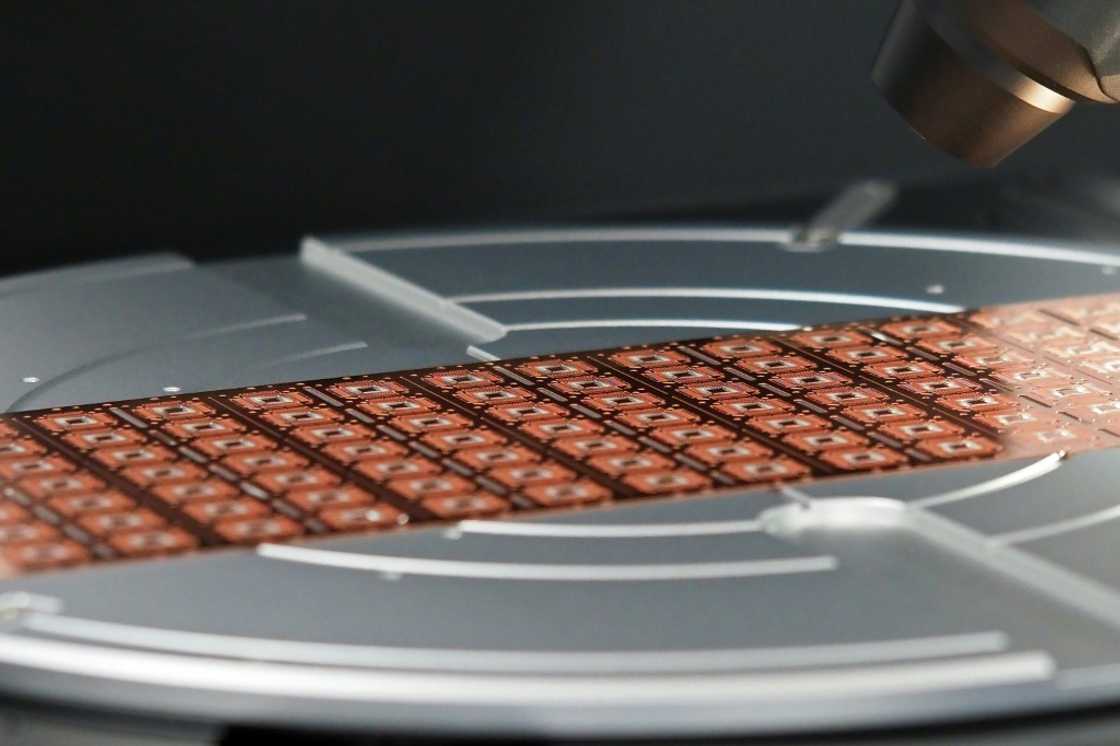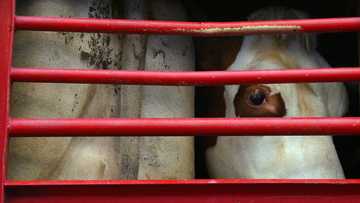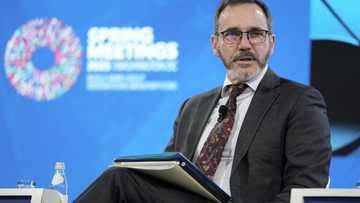Chipmaker Nexperia says banned from exporting from China

Source: AFP
Chipmaker Nexperia said Tuesday the Chinese government had banned it from exporting goods from China, after Dutch authorities seized control of the Netherlands-based firm citing management concerns.
Nexperia has found itself at the centre of a tug-of-war between China and the Netherlands over semiconductors, an increasing source of global geopolitical tension.
In its first statement since the Dutch move took effect on September 30, Nexperia said it was "actively engaging" with authorities in Beijing to gain an exemption from China's counter-measures.
Late Sunday, the Dutch government said it had invoked a Cold War-era law to effectively take control of the company, citing concerns about mismanagement.
Under the 1952 Goods Availability Law, the Dutch government can block key decisions about hiring staff or relocating company parts for one year.
The Dutch government said its use was "highly exceptional" and was invoked to ensure Nexperia's chips that are used in a wide variety of electronic equipment would remain available in an emergency.
The firm said that China's response came on October 4.
"The Chinese Ministry of Commerce issued an export control notice prohibiting Nexperia China and its subcontractors from exporting specific finished components and sub-assemblies manufactured in China," the firm said.
Nexperia said the Companies Chamber of the Amsterdam Court of Appeal had ordered the suspension of Chief Executive Zhang Xuezheng after concluding there were "valid reasons to doubt sound management."
'Recklessness'
The court published its judgement later Tuesday, which detailed a series of alleged impropriety by an executive not named in the statement, but identified as the CEO.
The chamber found this executive guilty of a conflict of interest via his controlling stake in a Shanghai-based firm WSS, which manufactures wafers, the key components in semiconductors.
According to the court, the CEO forced Nexperia to order as much as $200 million of wafers from WSS in 2025, when it only needed around $70-80 million.
"This would mean that the wafers to be supplied by WSS would not be processed but be held in stock until obsolete... so that Nexperia was effectively ordering scrap," the court said.
In addition, the CEO cut off key finance officials from banking authorisation, granting power of attorney to individuals with no financial experience.
"For a company the size of Nexperia, such conduct borders on recklessness," said the court.
The CEO fired executives who protested against this move, while the Global Head of Finance resigned after 39 years at the firm or its predecessors.
Finally, the court said the CEO refused to implement key management changes agreed with Dutch authorities to ease concerns about Nexperia's Chinese links.
The chamber therefore decided to suspend the CEO and transfer all shares, except one, to an independent court-appointed administrator.
Also revealed in the court document was an ultimatum from the US administration that was drawing up its "entity list" of firms viewed as acting contrary to Washington's national security.
The court cited minutes of meetings between Dutch officials and the US Bureau of International Security and Nonproliferation.
The key point that was "problematic" for the American officials was "the fact that the company's CEO is still the same Chinese owner."
"It is almost certain that the CEO will have to be replaced to qualify for an exemption from the entity list," the court cited the minutes as saying.
Based in the Dutch city of Nijmegen, Nexperia says its chips power "virtually every electronic design worldwide."
Once part of Dutch electronics giant Philips, it was acquired in 2018 by Wingtech.
Source: AFP




